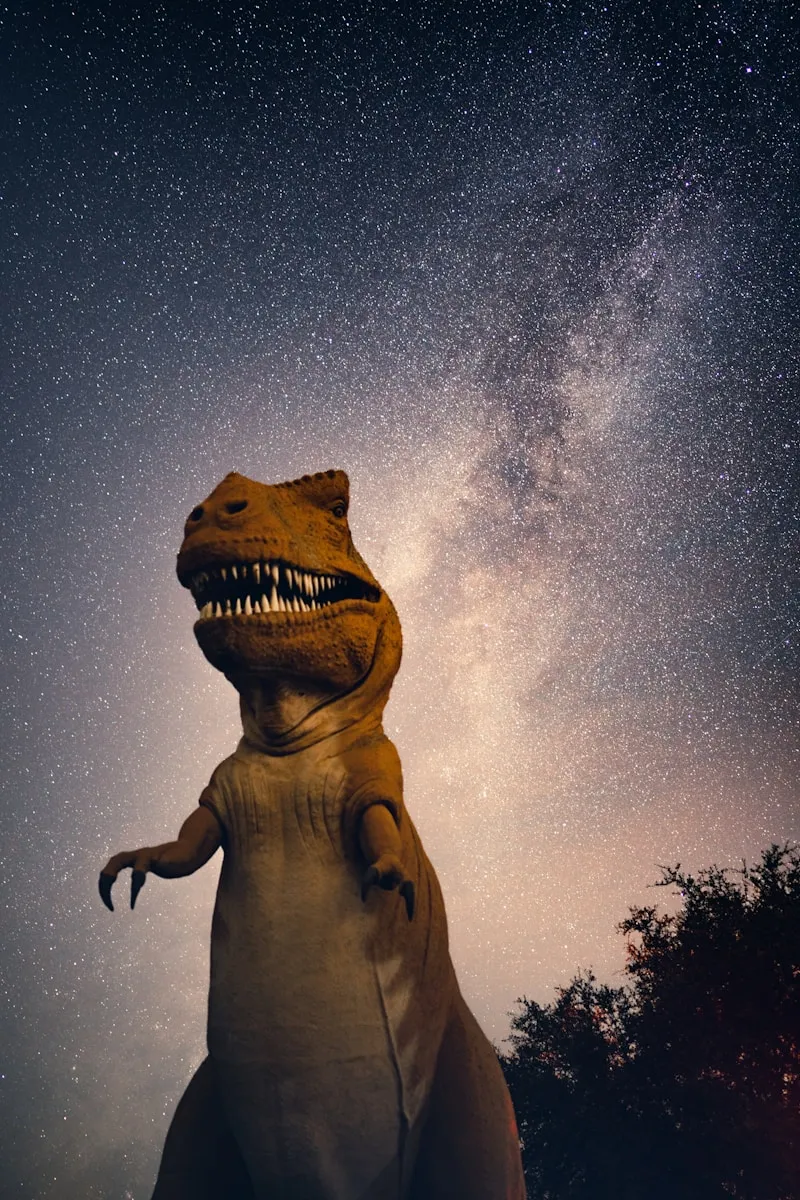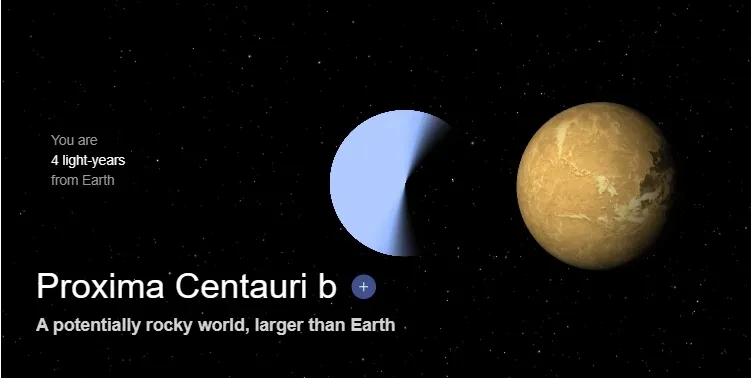jlk – I’m sure you’ve thought about this. What if humans never existed on earth? Would dinosaurs still rule this planet?
Would we be able to see T-rex, stegosaurus, or brachiosaurus in zoos or safari parks?
Or would dinosaurs have gone extinct for other reasons, such as natural disasters, climate change, or competition with other creatures?
Before we answer this question, let’s first look at how dinosaurs appeared and disappeared on earth.
Dinosaurs are a group of vertebrate animals that lived from the Triassic period, about 230 million years ago, until the end of the Cretaceous period, about 66 million years ago.
Dinosaurs varied greatly in shape, size, and behavior. Some were herbivores, some were carnivores, some walked on two legs, some on four, some had wings, some had scales, some had feathers, and so on.
Dinosaurs evolved and adapted over millions of years to face various challenges in their environment.
They also experienced several mass extinctions, such as due to volcanic eruptions, asteroid collisions, or tectonic plate shifts.
However, they always managed to survive and evolve into new, tougher species.
One piece of evidence that dinosaurs were extraordinary creatures is that they are still alive today, albeit in a different form.
Yes, you read that right. Dinosaurs still exist around us, in the form of birds.
Birds are descendants of winged dinosaurs called theropods, which are included in the group of carnivorous dinosaurs like Velociraptor.
So, every time you see a chicken, pigeon, or eagle, you are actually looking at a dinosaur.
But what about non-avian dinosaurs, i.e., dinosaurs that did not evolve into birds? Would they still exist if humans never existed? The answer is… uncertain.
There are several possibilities that could happen, depending on many factors, such as climate, ecosystem, and evolution.
The first possibility is that non-avian dinosaurs would still go extinct, although perhaps not at the same time as in the real world.
The main reason for the extinction of non-avian dinosaurs is the asteroid collision that hit the earth about 66 million years ago, which caused drastic changes in climate and environment.
The dust and smoke created by the collision covered the atmosphere and blocked sunlight, causing the earth’s temperature to drop, plants to die, and the food chain to be disrupted.
Although there is some evidence that some non-avian dinosaurs were able to survive for a few thousand years after the collision, they eventually went extinct because they could not adapt to the new conditions.
If humans never existed, the asteroid collision would likely still occur, and the result would be the same.
However, there is also a possibility that the collision did not occur, or occurred at a different time, or in a different place, which might affect the severity of its impact.
The second possibility is that non-avian dinosaurs would still be alive, but in a different form than we know.
Dinosaurs are very adaptive creatures, and they always evolved to follow environmental changes.
If the asteroid collision did not occur, or was not as bad as in the real world, then non-avian dinosaurs might continue to live and evolve for millions of years.
They might develop new characteristics, such as smaller size, faster metabolism, or more advanced abilities.
They might also mix with other species, such as mammals, reptiles, or amphibians, and form unique hybrid species.
Who knows, there might be dinosaurs that can talk, think, or even create art and culture.
The third possibility is that non-avian dinosaurs would still be alive, but in very small and limited numbers.
This could happen if the asteroid collision occurred, but there were some non-avian dinosaurs that managed to survive and reproduce in certain places where conditions were still supportive.
They might live on remote islands, in high mountains, in dense forests, or in deep caves.
However, they would face stiff competition from other species, especially mammals, which also evolved into intelligent and varied creatures.
They might become prey, or predators, or symbionts, or enemies, or friends, or anything that might happen in relationships between different species.
So, would dinosaurs still exist if humans never existed? No one can answer for sure, because there are too many variables to consider.
What is certain is that dinosaurs are extraordinary creatures, who have lived on earth for longer than us, and who are still alive around us in the form of birds.
We should respect and admire them, because they are part of the history and life on this planet.












